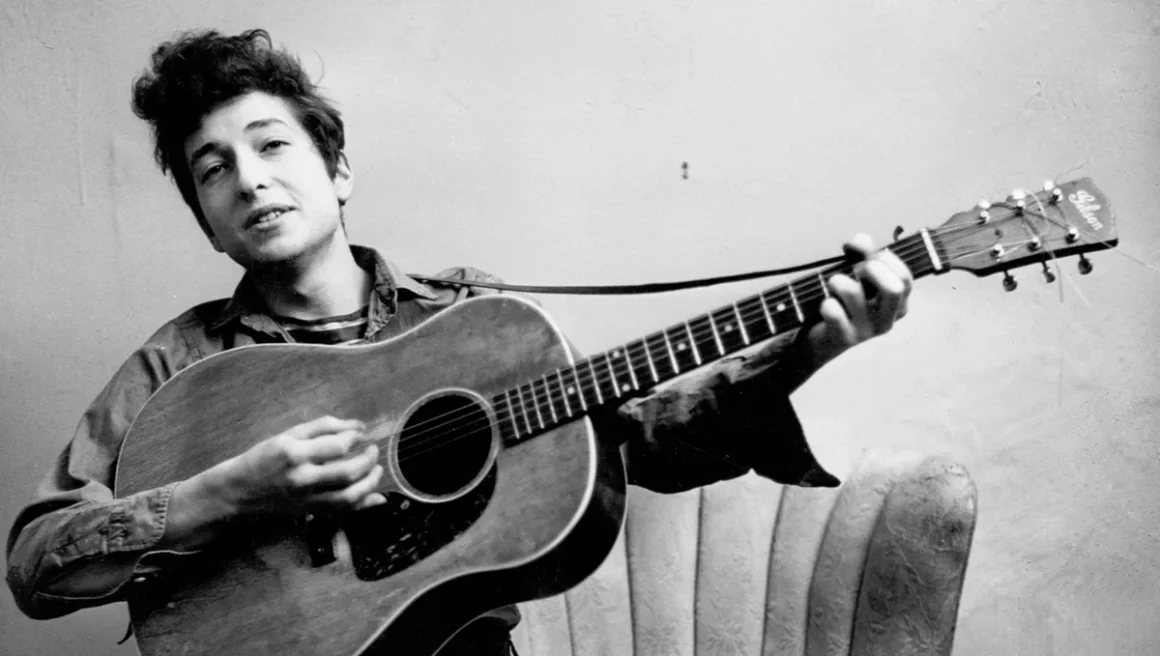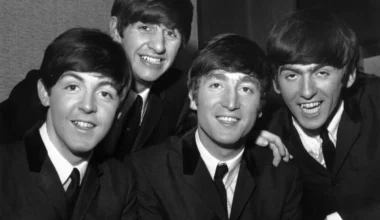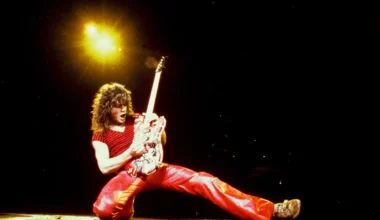The problem and advantage of musical movements is that they come to an end. New sounds and styles that are essential to the evolution of the art form are brought about by their demise, but it also signifies that the things that once captivated someone about music eventually fade. Bob Dylan ended up on the receiving end of this shift in the landscape as folk music in New York gradually lost all meaning because the musicians no longer embodied what the music did.
The anti-folk movement followed the declining significance of the folk movement. Because millionaires like Bob Dylan took up all the available gig slots, artists like Beck, who were couch surfing, struggling, and living through the hard times portrayed in folk music, were unable to find work and were no longer a true representation of the songs they were singing.
Rock music is one of the most well-known genres whose sound and style are always changing. With so many different styles of rock music these days, it’s difficult to categorize a band as such. The values, appearances, and musical styles of musicians from the 1960s, like Jimi Hendrix, Led Zeppelin, and The Who, differ greatly from those of bands from the 1980s, like Twisted Sister, Poison, and Guns N’ Roses. But they are all still considered rock bands.
Rock music was controversial in the 1980s because many purists believed that bands were prioritizing style over substance. Bob Dylan foresaw this transition when he discussed how the music industry was changing overall.
Phil Spector marked the end of rock and roll. Nor were The Beatles rock and roll. The Rolling Stones too. Little Anthony and the Imperials marked the end of rock and roll. All rock and roll, he declared.
He continued by discussing the music of the 1970s and explaining that, in his opinion, it wasn’t rock music at all but rather a time when music was attempting to heal itself. He also affirms that bands won’t have anywhere to hide by the time the 1980s roll around. In this way, he is foreshadowing the shift of the 1980s, when people centered the tone of a lot of rock music around party culture rather than searching within themselves for topics to write about.
“I view the 1970s as a reconstruction era following the 1960s,” he stated. “That’s the reason why people say that it’s boring and that nothing much is happening. But it’s actually because wounds are healing.” Everyone who plans to do anything will have their cards up by the 1980s. It will not be possible for you to return to the 1980s game.
It’s interesting to see Dylan talk so candidly about how rock music changed. He forecasts how it will transform for the better. This resonates because I would eventually be on the receiving end of how music changes. It can make it difficult for artists to adjust. The 1980s heralded a completely new era in which people were free to display their cards openly or to conceal them behind their uninteresting musical choices.







